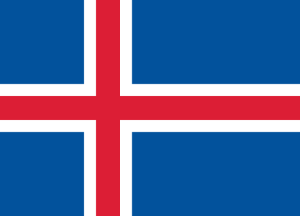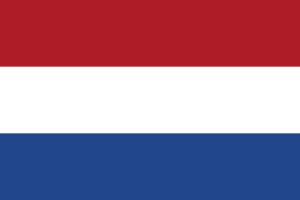In Belgium, debt advice is provided by municipalities, NGOs and lawyers. It is regulated nationally and it is financed predominantly by the Energy Fund (consumers’ energy bill contributions, implemented by private utility companies) and complementary funding from regional government.
Contributions are based on the proportion of arrears. The Belgian 1998 debt settlement law established that debtors whose assets are insufficient to cover debt mediation can obtain support from a fund to cover debt mediation. This fund (Fonds de traitement du surendettement/Fonds ter bestrijding van de overmatige schuldenlast) is managed by the Federal Public Service Economy. Lenders contribute to the fund based on the total amount of arrears in the payment of credit contracts recorded on 31 December of the preceding year: 0.03% for mortgage loans and 0.3% for consumer loans. Postal and telecommunications, insurance and gambling companies further contribute.
The main providers of debt mediation services are the „Centrum Public d’Aide Sociale“ (CPAS) and the „Openbaar/ Centrum voor Maatschappelijk welzijn“ (OCMW). They are public cost-free services, run in each city or village.
The NGO „Centre d’Accompagnement et de Formation pour Adultes“ (CAFA) is a further debt mediation service.
Even when nation-covering services are available, additional support may be provided to residents of a certain area, for example by the Centre d’Appui aux Services de Médiation de Dettes de la Région de Bruxelles- Capitale (www.mediationsdedettes.be), the Groupe Action Surendettement (www.gaslux.be), the Réseau Wallon de Lutte contre la Pauvreté (https://www.rwlp.be/) or MEDENAM – Centre de référence en médiation de dettes de la Province de Namur (www.medenam.be).
The „Observatoire du Crédit et de l’Endettement“ ASBL (OCE) is a non-profit organisation,not limited to any region in Belgium. (www.observatoire-credit.be) The main task is to study and prevent over-indebtedness.To carry out this missions, the OCE produces and publishes studies on financial services to individuals, consumption, indebtedness and over-indebtedness of Belgian households, carries out a legal watch covering all matters relating to indebtedness and insolvency, organizes a training program for debt mediators, provides legal advice (by e-mail and telephone) for individuals and professionals in debt mediation and social action. organizes campaigns and actions to prevent over-indebtedness and designs tools relating to the prevention of over-indebtedness.
In Belgium, the debt advice is organized by four areas: the Walloon region, the Flanders region, the region Eupen-Malmedy and the Bussels Capital region.
In the Walloon region 215 debt advice services are working, 198 CPAS are financed according to chapter XII. In Flanders 313 institutions (298 CPAS) are working, In Eupen-Malmed exist 3 CPAS and the Verbraucherschutzzentrale (VSZ). Brussels Capital has 33 services.
Debt mediation can be done by out-of-court amicable settlement, collective agreement (approved by the majority of creditors) and the insolvency and restructuring proceedings (Book XX). The amicable debt mediation consists of the following elements:
- Training and impartiality requirements
- Access to the procedure
- Opening the file
- First interview(s)
- Contact with creditors and receipt of claims<l/i>
- Verification of accounts
- Development of a payment plan
- Negotiation
- Implementation and monitoring
(Based on Eurofound, Research report 2020 and OCE/SAM/BAPN, Report, November 2022)



